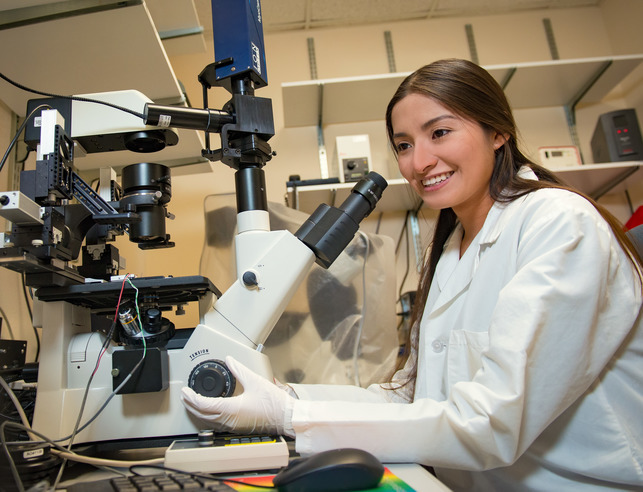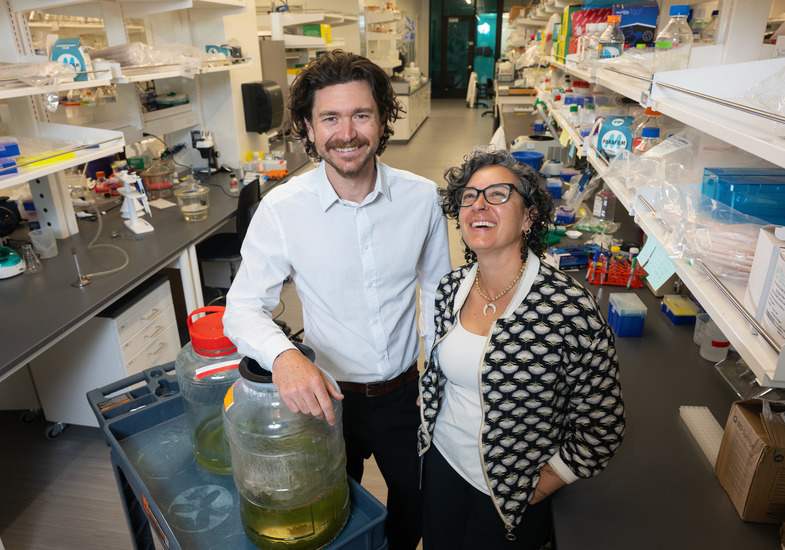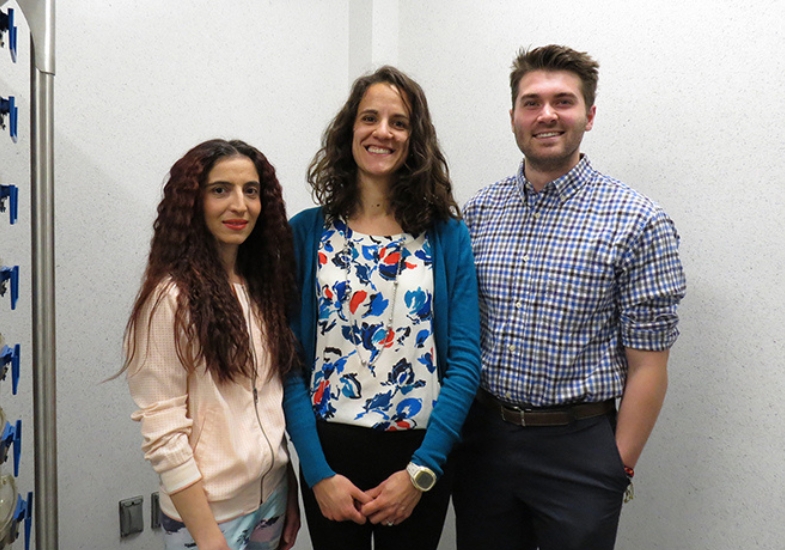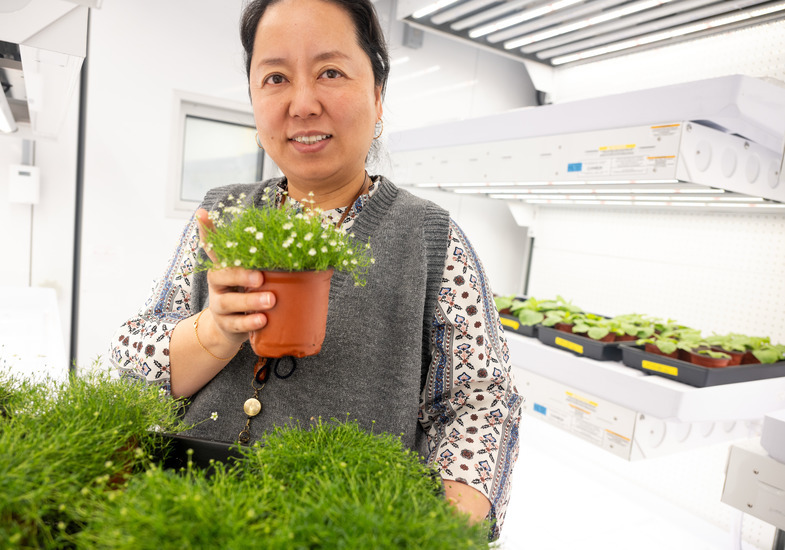Program Admission
Thinking about joining the Molecular and Cellular Life Sciences Ph.D. program? Explore the admission requirements and learn all about the application process. By familiarizing yourself with the criteria and steps, you’ll gain a clear picture of how to apply and what to expect along the way. We’re excited to support you as you take the next step in your academic journey and can’t wait to review your application!
How To ApplyMCLS Resources
Degree Information
Discover UW's MCLS Ph.D. program to see if it aligns with your goals. Acquire practical research experience and set the stage for your future career. Your first year, you'll complete four eight-week research rotations in various labs, gaining valuable molecular, cell biological, and biochemical skills. This flexible approach allows you to tailor your graduate studies to your interests, with an expected graduation timeline of about five years.
Program Admission
To apply to the Molecular and Cellular Life Sciences Ph.D. program, you must complete both the general graduate admissions process and the program-specific admission requirements.
International Students
The Molecular and Cellular Life Sciences Ph.D. program at UW is a community with diverse global representation from both faculty and students. International students play a crucial and essential role in this interdisciplinary program.
Faculty & Staff
The Molecular and Cellular Life Sciences faculty offers a broad range of expertise from across campus, combining specialists in research, innovation, and education. Their diverse backgrounds foster groundbreaking discoveries and provide mentorship to the next generation of scientists.
Faculty & Staff
The faculty and staff for the Molecular and Cellular Life Sciences (MCLS) graduate program bring a wealth of experience across a broad range of disciplines, spanning areas such as life sciences, engineering, health, and veterinary sciences. They have a robust publication record while continuing to be actively engaged in cutting-edge research.
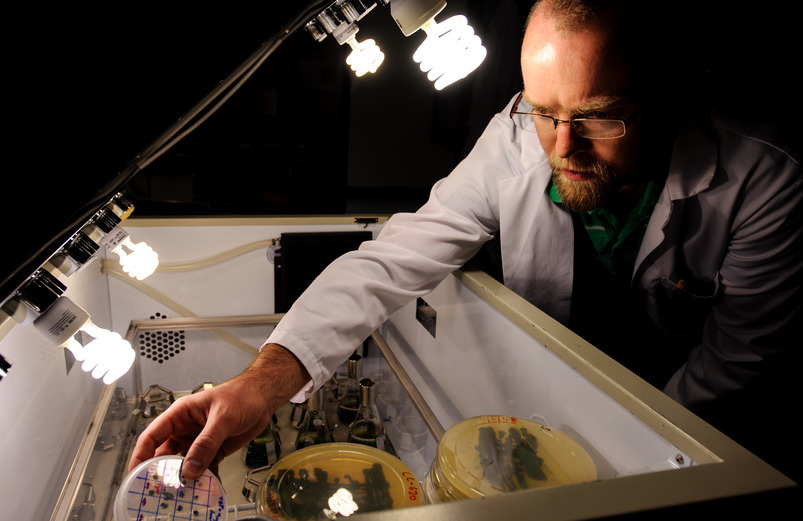
Program of Study
The Molecular and Cellular Life Sciences (MCLS) program focuses on ensuring that students achieve a high level of proficiency in core areas such as biochemistry and molecular biology. In addition to mastering these foundational concepts, students will participate in courses that integrate knowledge from laboratory work, seminars, and other specialized classes, and they will develop the ability to critically analyze scientific literature. For students with strong backgrounds in the core areas, there may be flexibility in meeting specific course requirements. The program typically expects the completion of formal coursework within one to two years.
Elective courses available to MCLS students cover a wide range of topics, including genomics, cell and developmental genetics, microbial physiology and metabolism, mass spectrometry and analytical chemistry, cell culture and virology, biomedical engineering, mammalian physiology, bioinformatics, protein structure and function, microbial genetics, mammalian endocrinology, pathophysiology, replication, transcription and translation, biophysics, and plant physiology.

